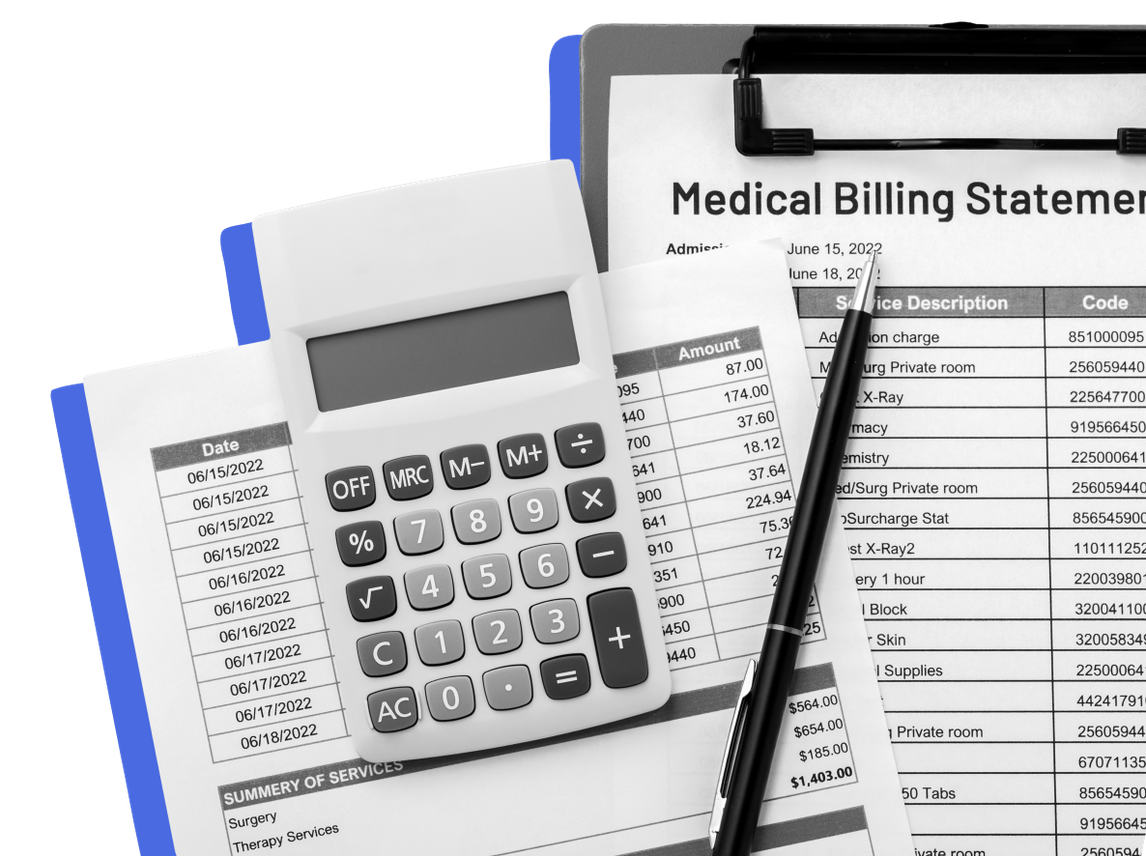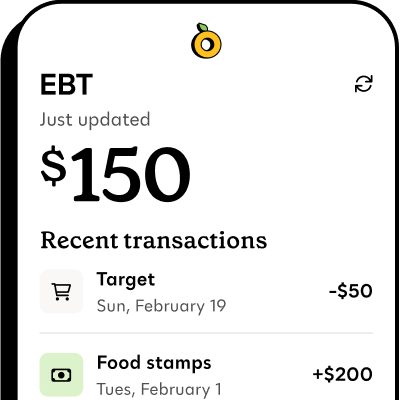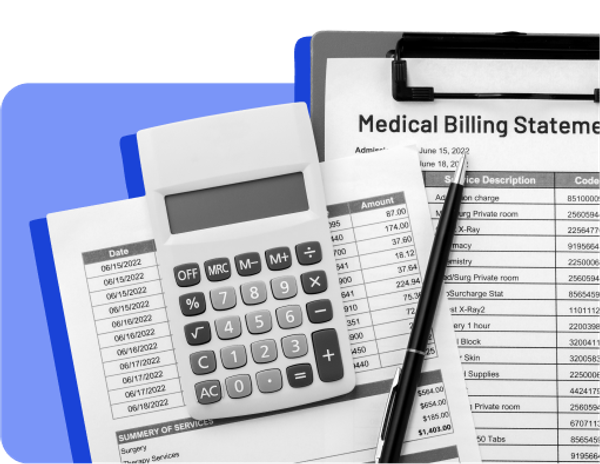What is Medicaid: How to apply, who qualifies, and what it covers

Medicaid is a need-based government health insurance program for Americans with low incomes, people with disabilities, families with children, and people who are pregnant.
Depending on your state, Medicaid might be called Medicaid, CHIP (short for Children’s Health Insurance Program), or something else entirely.
Some states have their own names for Medicaid, like SoonerCare in Oklahoma or Medi-Cal in California, but the same program is offered in every state.

Propel is the #1-rated EBT balance checking app
How does Medicaid work?#how-does-medicaid-work
When you qualify for Medicaid, it steps in to cover your medical costs. Instead of getting a healthcare bill, Medicaid will pay your healthcare providers directly on your behalf.
Many services are completely free with Medicaid, but sometimes you may need to pay a small fee, called a copay, for certain services.
Each state runs its own Medicaid program, and coverage for specific types of care may vary depending on where you live. However, at a minimum, state Medicaid programs are required to cover:
- Doctor visits (with physicians, nurse practitioners, and midwives)
- Hospital care (inpatient and outpatient)
- Lab tests and X-rays
- Nursing home care (for those who qualify)
- Home health services (like skilled nursing or health aides at home)
- Rural health clinics and federally qualified health centers
- Family planning services
- Care during pregnancy and childbirth (including birth centers and counseling to help pregnant people quit tobacco)
- Health screenings and treatment for children (this is called EPSDT—Early and Periodic Screening, Diagnostic, and Treatment)
- Medication Assisted Treatment (MAT) for substance-use disorders
- Routine costs for approved clinical trials
- Hospice care for children, alongside other treatment
Who is eligible for Medicaid?#who-is-eligible-for-medicaid
Medicaid is for Americans with low incomes and limited resources. That can include families with young children, pregnant people, older adults, and people with disabilities.
Medicaid has income limits, and qualifying will depend on your household size, monthly income, and sometimes your assets (like how much you have savings).
Because Medicaid is run by each state, the income limits aren’t the same everywhere.
A few other things to know about who can get Medicaid:
- Seniors and people with disabilities may qualify for Medicaid more easily, though they often have to meet both income and asset limits. You can also be dual eligible for both Medicaid and Medicare—and having both programs can mean more coverage
- Pregnant people and children may have higher income limits than other groups
- College students may qualify if they meet state rules and income limits
- Non-U.S. citizens can sometimes get Medicaid, but only certain groups, like lawful permanent residents
- Medicaid has new work requirements, and adults ages 19 to 64 may have to show they work 80 hours a month to keep Medicaid coverage unless they qualify as exempt
How to apply for Medicaid#how-to-apply-for-medicaid
Since Medicaid is run by each state, the application process looks a little different depending on where you live. But generally here’s what you need to know to apply:
Where to apply#where-to-apply
You can visit the national healthcare.gov website to find information about Medicaid in your state. Generally you can apply for Medicaid through one of the following options:
- Online at your state’s Medicaid or health department website
- In person at local health or social services offices
- By phone, in some cases
- With help from community groups or social workers
What you'll need to apply#what-youll-need-to-apply
When you apply to Medicaid, you will be asked to provide documents to verify your identity and eligibility. Some documents you may need include:
- A valid ID (like a driver’s license or birth certificate)
- Proof of income (like pay stubs or benefit letters)
- Proof of assets (like bank statements or investment accounts)
- Proof of residence (like a utility bill)
- Medical records or disability documentation, if needed
What happens after you apply for Medicaid?#what-happens-after-you-apply-for-medicaid
Once you submit your application or Medicaid you can expect the following:
- An interview (if required): Some states will schedule a short phone or in-person interview after you submit your Medicaid application. This is your chance to answer questions and fill in any missing information
- Case manager review: A case manager (sometimes called an eligibility worker) will review your application and documents. They may reach out if they need extra proof, like pay stubs, bills, or medical records
- A final decision: Most states must give you a decision within 45 days. Pregnant people and children are usually processed faster. If approved, you’ll get a Medicaid card and instructions about how to use your new coverage
- Coverage start date: Your Medicaid coverage usually starts the day you’re approved. Some states also cover medical bills from up to three months before you applied (though this rule is changing under new federal laws)
If you’re denied Medicaid, you’ll get a written notice explaining why. In many states, you can request a fair hearing or appeal if you think the decision was wrong.
How to manage your Medicaid coverage#how-to-manage-your-medicaid-coverage
Once you’re approved for Medicaid, you’ll need to make sure you stay covered. There are three key parts of managing Medicaid to make sure you and your family stay protected:
- Keeping information current: The most important thing you can do to keep your Medicaid is to keep your information up to date with your state Medicaid office. You should report any change in address, phone, email, income, or assets to the Medicaid office immediately.
- Renewals: Most states require you to renew your Medicaid each year. Under new rules, you may need to renew your eligibility twice per year. You’ll get a reminder letter before it’s time. Don’t ignore or miss your renewal period—missing your renewal can mean losing coverage.
- Work requirements: Some new changes now require many adults ages 19 to 64 to show they’re working at least 80 hours per month, starting in 2027. Some people are exempt (including pregnant people, caregivers, people with disabilities, and anyone under 19 or over 64). If you are not exempt, you will need to show you meet work requirements to stay covered.







